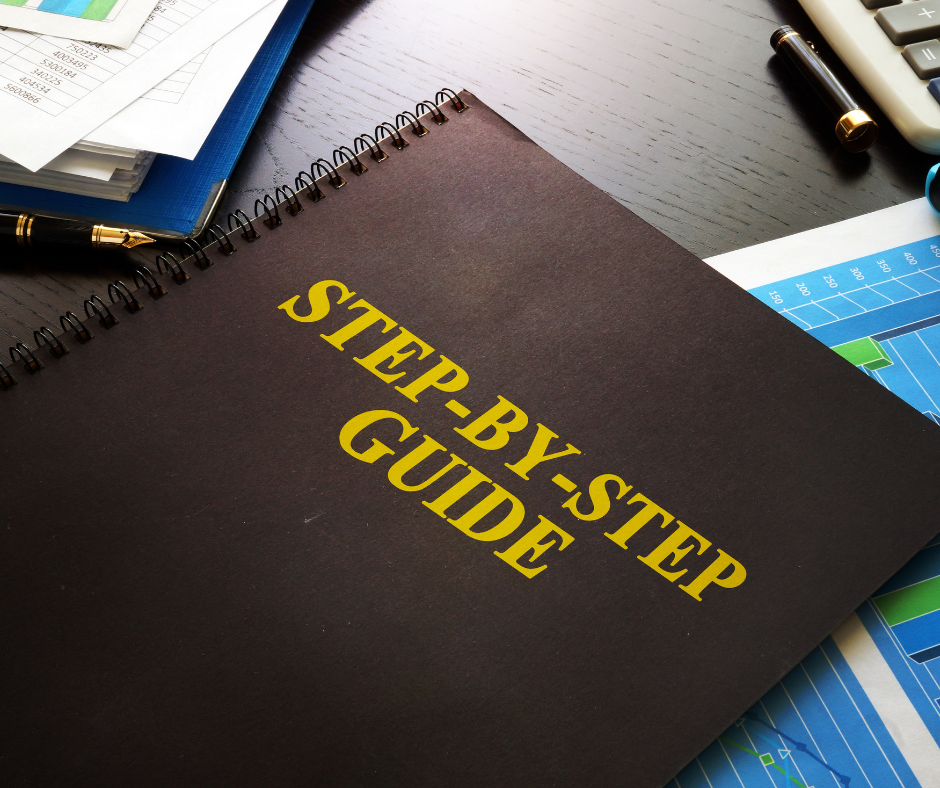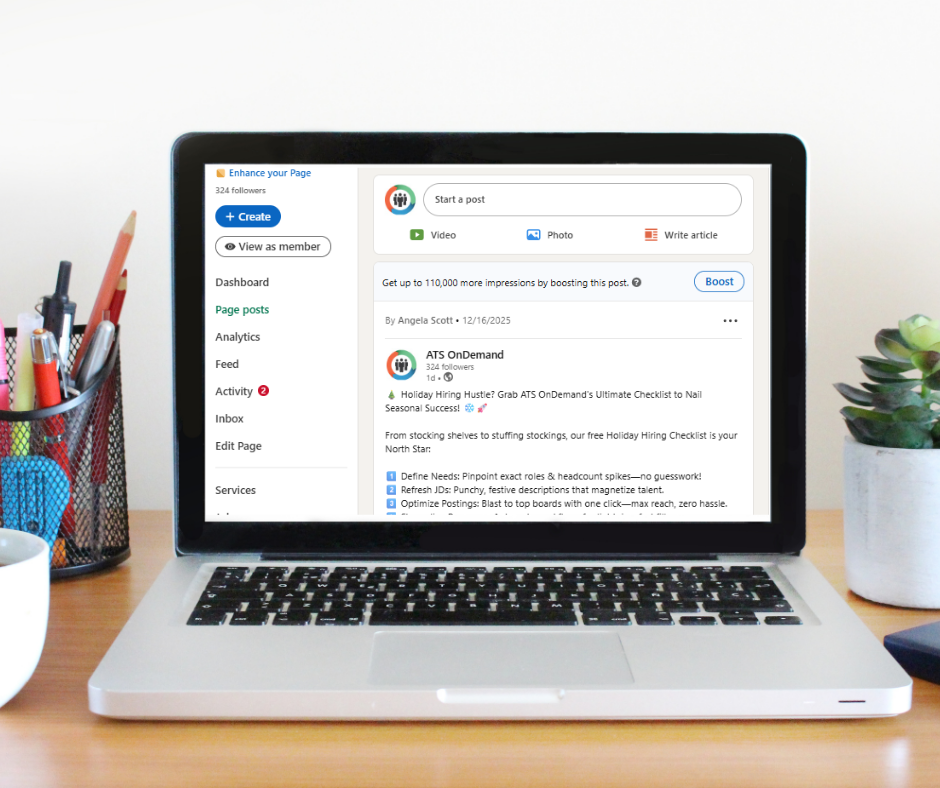Many job seekers believe that their resumes are the single-most important factor in landing an interview. While your resume is certainly important, it’s essential to remember that employers also need to see what sets you apart from other applicants. A great cover letter will help recruiters understand what you can bring to the job.
Cover letters can also be used to address items that might be seen as problematic on resumes. In your letter, you can explain any gaps in employment, major career changes or relocations. This extra information will ensure that the recruiter not only has your resume in hand, but knows the full story behind it.
No matter the company to which you are applying, you’ll need to follow five simple rules when drafting a cover letter. Before you send your cover letter out to potential employers, proofread it carefully. Ask a friend or colleague to look over it for you as well to ensure that you’re making the best impression possible.
Rule One: Address the Recruiter and Company Directly
It’s a good idea to create a cover letter template so that you don’t have to rewrite basic details about yourself every time you apply for a job. However, it’s important that you address your cover letter directly to the recruiter. If no company contact is provided on the job posting, be sure to use the company’s name in your salutation line.
Rule Two: Relate Yourself to the Company
In addition to addressing your letter directly to the recruiter, you’ll also need to craft each letter so that you can relate yourself to the company. This means that you need to not only list your qualifications, but also briefly describe why you would be a good fit how they would benefit from having you there.
Rule Three: Keep it Brief
A cover letter should never run more than one page. Recruiters are very busy and don’t have time to read lengthy letters. If you send a cover letter that includes too much information or is just too long, the recruiter might never read it. Aim to be brief and straightforward.
Rule Four: Highlight Your Accomplishments
Your cover letter should do more than just explain why you’re qualified for a job. It should also point out your accomplishments. Be sure to talk about any special recognition you’ve received in the workplace or community. Don’t be afraid to boast about your accomplishments.
Rule Five: Request an Interview
Every cover letter should close with a request for an interview. Thank the recruiter for taking the time to read your letter and provide your contact information. Follow up with the recruiter about the position a week after you’ve sent your letter.



